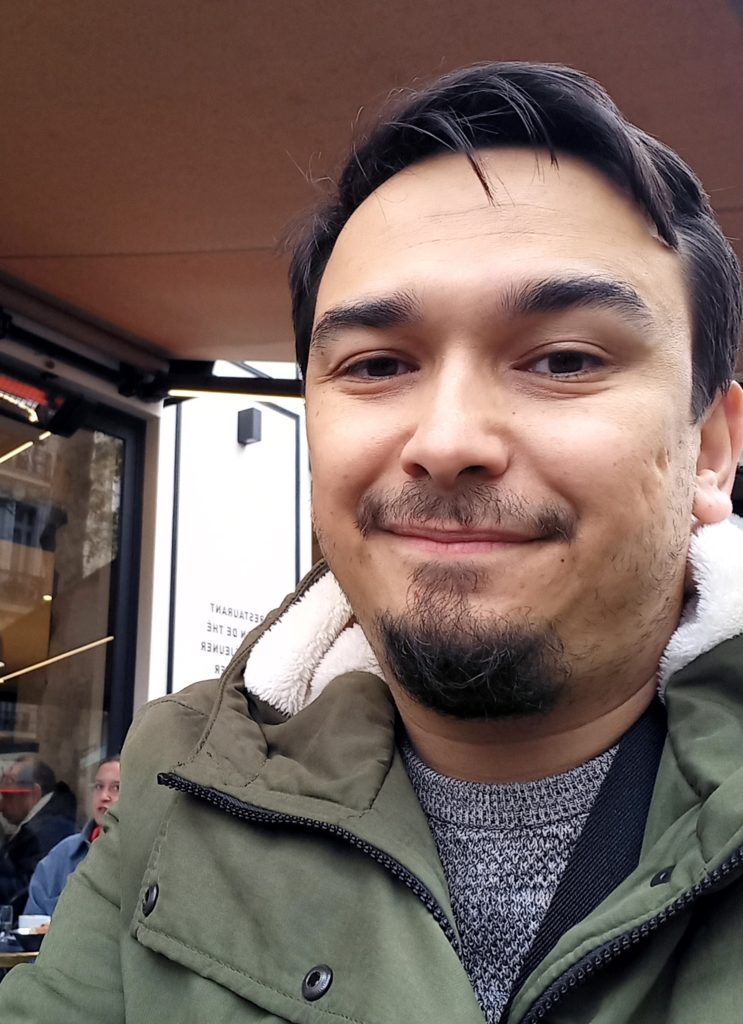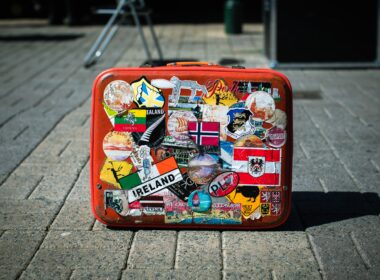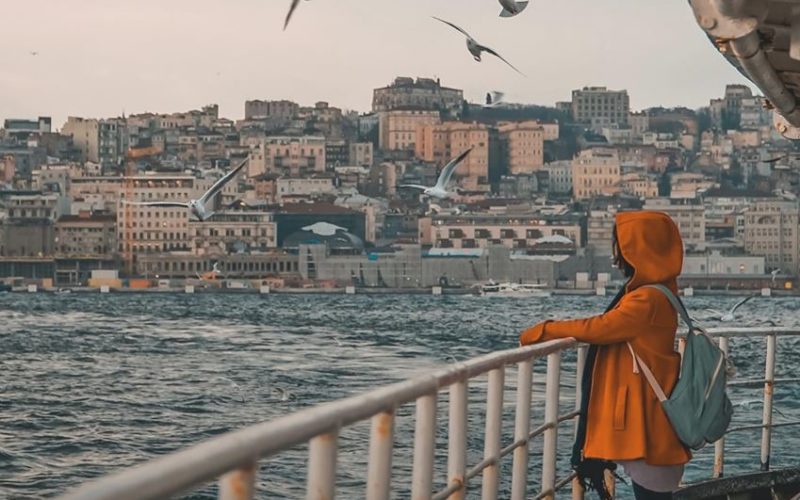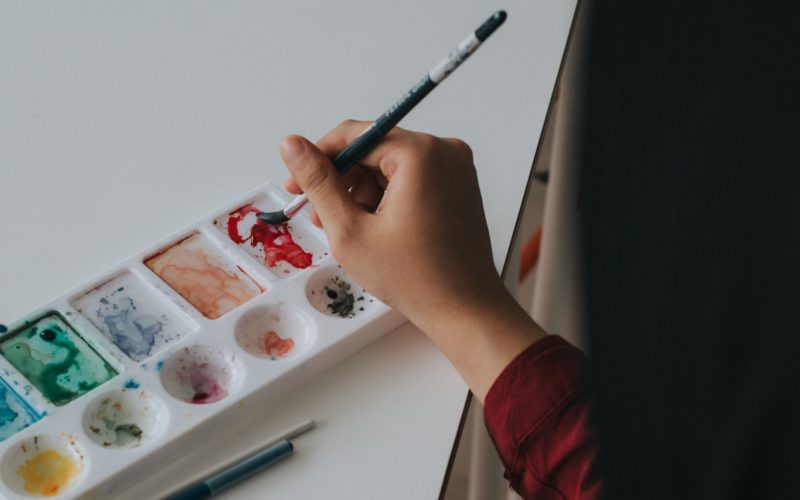By Mus Marian
Migration is a fundamental piece in the third culture kid story, whether you grew up in one city before moving “back home” or if you have been and still are constantly on the move.
The move, the settling, and the resettling are all part of the journey. And a lot can be learnt from this journey. You get to learn different languages, and you may learn how to be a more efficient traveler or nomad.
But there are also softer skills, intangible ones that cannot always be measured. You unknowingly practice them your whole life, only becoming aware of them when the situation calls on these skills and you pass the test with flying colours.
Empathy is one such skill—the ability to understand or share the feelings of others, even if you have never experienced these things before.
TCKs come across a much wider array of people, situations, and ways of expression than those who do not migrate or those who do not share their varied cultural backgrounds. And while you think your specific experiences may not relate at all, the lessons you’ve learned are often applicable to other situations. Here are a few examples…
You learn about being a migrant
Obviously, moving around a lot teaches you about what it means to be a migrant. Even if the person you are talking to moved to a different region, or at a different time in their lives, your own experiences help shed light upon what this person is going through.
I’d like to talk about what I consider an “exchange of power” when someone migrates from one place to another. This is something I noticed when I moved from my native Melbourne, Australia, to Istanbul, Türkiye. In Melbourne, my social circles made me feel safe, and I could do many things in life independently.
When I moved to Istanbul, I didn’t have my social network and I had to relearn the simplest things all over again. Where are the basic amenities? How do I go about regular tasks, like shopping and catching public transport?
When we move, we (sometimes willingly) give up the power and the clout we had in our own country and become a “no-one” in a new city. But no-one implies there is a neutral value, neither positive nor negative. However, migration often confers a negative value. Not knowing anyone or anything and not being able to communicate in the language suddenly makes you feel small and insignificant.
You suddenly lack the ability to express yourself; you may need a translator or local guide for assistance, even with basic things. Starting completely anew means that, socially, no one cares about you or even knows you exist. It is a humbling and eye-opening experience.
I didn’t have my social network and I had to relearn the simplest things all over again.
You learn what it takes
Migration also requires and trains certain kinds of mentalities. The more you do it, or the longer you stay overseas, the more training your mind gets.
You learn what it takes to be nomadic. You learn how to build something for yourself and how to survive. How to be independent and also to be a productive member within a group.
You notice a lot of contradictions as you are brought crashing into new cultures, countries, and ways of thinking.
You understand the conflict felt by those who move, within one’s own country or abroad, because you may have experienced these things yourself.
Feeling like you don’t belong, but desperately wanting to belong. Feeling like you want to go home, but knowing it may very well not be a possibility. Feeling like you hate where you are now, but also realizing how much of the decision to move was based on your choices or actions.
As we move around and experience new ways to look at life, we become more comfortable with the innate contradictions people and places might portray.
You learn to understand, or to be OK with not understanding
TCKs come across many differing worldviews and opinions as they travel and grow. You may have already learnt how to manage the diverse cultural backgrounds present in your own household. How much more when you travel overseas and encounter new people with their own ideas as well!
I have learnt a lot about what we understand and what we don’t; about how people interpret the information presented to them. Because despite what we say, and despite what we might consider to be facts, people will still interpret these things through a lens that makes sense to them. And this lens is influenced by all kinds of things: their upbringing, culture, education, tradition, and even trauma.
All people, despite their opinions, are correct at least within their own context, their own thoughts, and their own narrative.
It is when individuals come together into a family, a lunchroom, or an organization where having some prior exposure to different cultures and traditions comes in handy. Even if you do not agree with the person in front of you, nor can you see the logic in what they are saying, you might still be able to have a conversation with them. And once you begin a conversation, anything is possible.
What do we learn from these experiences? How does that make us more empathetic?
People are moving around a lot today, often in search of the many iterations of what it means to have “a better life.” If we have our own experiences of migration, loneliness, and identity, we might better understand the struggles and difficulties others have with fitting into a new society.
If our parent or guardian was the ambassador of a country, and we moved with them to their new posting, can we say we have the same experiences as someone who fled their country in a boat? Absolutely not.
But the experience of moving might make us better listeners, and it could help us have a better conversation with the person in front of us. And open, non-judgmental, meaningful discussions can be the start of many beautiful things.
I do believe that if you have the means to migrate on your own terms, you should try it. It will help you open yourself up to a wider spectrum of experiences. Because, ironically, it can be these same means of leisurely travel that separate us from those who do not have the means to migrate voluntarily.
Even when it is not about the migration itself, moving locations teaches you about power dynamics.
You can better understand the person who does not have access to systems, because once you were a new migrant trying to register for social services and become a part of a larger system. You understand what it was like to be silenced because, all of a sudden, opportunities and conversations were closed off to you simply due to you not knowing enough of the local language.
Moving locations teaches you about power dynamics.
If nothing else, migration helps prepare us to better receive and learn from the challenges and unique stories brought to us by the new people in our lives.

Mus Marian is an aspiring writer originally from Melbourne, with Malaysian heritage, and now living in Istanbul. Nowadays he writes about his experiences moving with his wife and living as a “trailing spouse” on his blog The Nomadic Husband.












